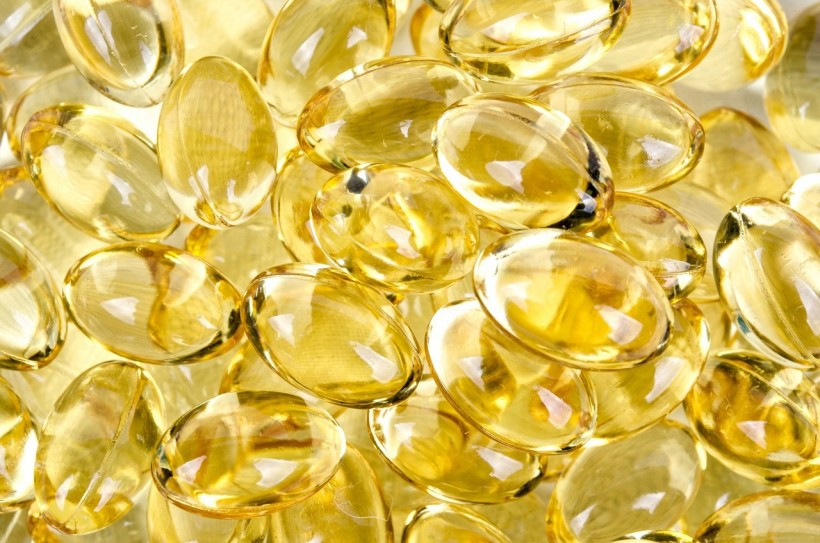New research presented at the 25th European Congress of Endocrinology in Istanbul reveals a potential link between low levels of vitamin D and an increased risk of developing long COVID.
The findings highlight the importance of monitoring individuals' vitamin D levels after recovering from COVID-19.

Vitamin D Linked to Long COVID
Long COVID, also known as post-COVID-19 syndrome, refers to a condition where the effects of the virus persist for more than 12 weeks after the initial infection.
Despite the fact that a significant proportion of COVID-19 patients who have been hospitalized (50-70%) develop long COVID, there is limited understanding of this condition.
Although low levels of vitamin D have been recognized as a risk factor for severe consequences in hospitalized COVID-19 patients, such as intubation, mechanical ventilation, or fatality, its impact on long COVID has not been thoroughly explored.
Supported by Abiogen Pharma SpA, researchers from Vita-Salute San Raffaele University and IRCCS San Raffaele Hospital in Milan conducted a study involving 100 patients aged 51-70 years, both with and without long COVID.
The participants' vitamin D levels were measured upon their initial admission for COVID-19 and six months after discharge. The study revealed lower vitamin D levels in patients with long COVID compared to those without the condition.
This association was particularly evident in patients who reported "brain fog" symptoms, such as confusion, forgetfulness, and poor concentration, during the six-month follow-up period.
To ensure the validity of the study, the researchers specifically included patients without any existing bone conditions and only considered individuals who had been hospitalized for COVID-19 without requiring intensive care.
The two groups, comprising patients with and without long COVID, were carefully matched in terms of age, sex, pre-existing chronic diseases, and COVID-19 severity.
"Previous studies on the role of vitamin D in long COVID were not conclusive mainly due to many confounding factors," lead investigator Professor Andrea Giustina said in a press release statement.
"The highly-controlled nature of our study helps us better understand the role of vitamin D deficiency in long COVID and establish that there is likely a link between vitamin D deficiency and long COVID."
Read Also: [STUDY] Cats Infected With COVID-19 Have Same Variants as Owner; Human-to-Cat Transmission?
Further Research Required
Professor Giustina acknowledges the requirement for larger-scale studies to validate the observed correlation, and his team is currently dedicated to exploring the possibility of vitamin D supplements in mitigating the risk of long COVID.
The team claims that their study provides evidence that individuals with low levels of vitamin D are more susceptible to developing long COVID. However, the effectiveness of vitamin D supplements in alleviating symptoms or reducing the overall risk remains unknown at this time.
Further research is necessary to gain a comprehensive understanding of the relationship between vitamin D deficiency and long COVID. By shedding light on this potential association, the study paves the way for future investigations into the role of vitamin D in managing and preventing long COVID.
The study's findings were published in The Journal of Clinical Endocrinology & Metabolism.
Related Article: AI Increases COVID-19 Vaccine Antibody Response by 128X-New Study










